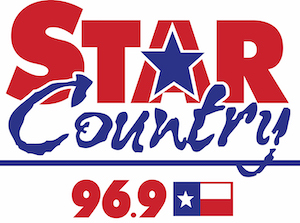
Despite almost half of U.S. consumers (49%) believing their security habits make them vulnerable to information fraud or identity theft, 51% admit to reusing passwords/PINs across multiple accounts such as email, computer login, phone passcode, and bank accounts. That is according to Shred-it’s Consumer Fraud Awareness Survey which exposes consumer concerns, habits and knowledge of information security and fraud ahead of International Fraud Awareness Week, November 11-17. Key findings include:
- While nearly two in 10 consumers (17%) are concerned that they could fall victim to a physical security breach, nearly three in 10 consumers (27%) admit they do not shred paper or physical documents containing sensitive information before throwing them away.
- More than one-third of consumers (39%) have been a victim of fraud or identity theft.
- Nearly three in 10 consumers (27%) admit that they do not know how to find out if they’ve become a victim of fraud or identity theft.
- When asked how they found out they were a victim of fraud, 33% found out by monitoring their own accounts for suspicious activity, 29% were alerted by a business about a security breach of their information and 24% discovered it by accident.
- One in five consumers (20%) admit that if they became a victim of fraud, they would not know how to report and remediate it.
- While the majority of consumers (72%) think they could determine if an email or phone call they receive is part of a fraudulent scam, 16% of consumers say they could not and another 12% of consumers don’t know.
- Baby Boomers (66%) are the least likely to believe they could determine if an email or phone call they receive is part of a fraudulent scam or not, compared to Gen Zs (72%) and Millennials (74%).
- Consumers store paper documents containing sensitive information in risky ways.
- Nearly 30% of consumers store paper documents containing sensitive, personal information in a box, desk drawer or unlocked cabinet at home or work.
- More than one in five consumers (22%) admit to not storing or keeping paper documents containing sensitive information.
- Baby Boomers (47%) are the least likely to reuse passwords/PINs across multiple accounts such as email, computer login, phone passcode, and bank accounts, compared to Millennials (55%) and Gen Zs (61%).
- Baby Boomers (26%) are the least likely to store paper documents containing sensitive, personal information in an unlocked cabinet at home or work, compared to Millennials (33%) and Gen Zs (31%).
- Baby Boomers (80%) are more likely to shred paper or physical documents containing sensitive information before throwing them away, compared to Millennials (67%) and Gen Zs (69%).
- More than nine in 10 (91%) Baby Boomers closely monitor their financial account activity such as bank statements, credit reports, and credit card statements each week, compared to Millennials (85%) and Gen Zs (86%).








 EastTexasRadio.com Powered by Ten Stations
EastTexasRadio.com Powered by Ten Stations




